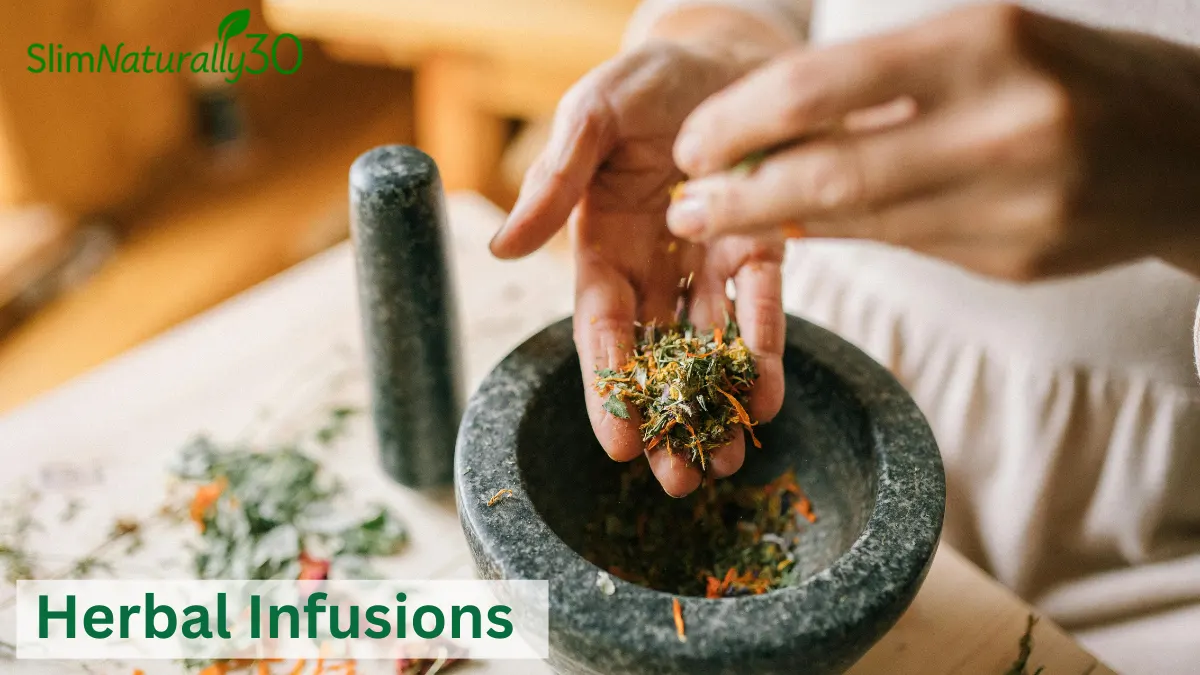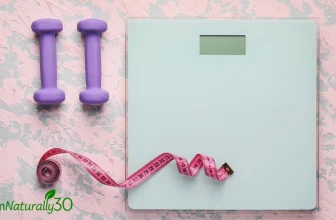
I Thought I Had a Skin Problem. Or a Mood Problem. Or Both.
Some mornings, I'd wake up with breakouts along my jawline—like tiny rebellions under my skin. Other days, I'd feel fine… and then crash into a fog of irritation by 3 p.m. For no clear reason.
I switched face washes. I tried new vitamins. I cut dairy, then sugar, then gluten. Nothing made sense. Nothing stuck.
I remember standing in front of the mirror one day thinking, "Why does my face look inflamed and my brain feel like it's buffering?"
What I didn't realize? My gut had been whispering for months. I just wasn't listening.
Your Gut Speaks Long Before You Realize It

How Gut Health Affects Your Skin and Mood
Looking back, the signs were there. The afternoon crashes. The weird itchiness near my temples. The random bloating after meals I'd eaten a hundred times before. My skin would glow one week, then flare the next for no reason.
I blamed stress. Hormones. Maybe the weather.
But my gut had been out of sync for a while—and I hadn't connected the dots. Because no one teaches you to see mood swings or acne as digestive signals. We're trained to separate everything.
But your body doesn't separate. It integrates. And when your gut's off? It echoes in places you'd never expect.
The Weirdest Thing I Learned After Googling "Gut and Acne"
One night after a breakout that made me want to cancel everything, I fell into a rabbit hole online—and stumbled across the gut–skin–brain axis.
I didn't know that serotonin, the "feel good" chemical, is mostly made in your gut. Or that gut bacteria help regulate inflammation, which can show up on your skin. Or that stress messes with your microbiome, which then messes with your mood. And skin. And digestion. In a messy triangle.
Suddenly, my "random" mood dips, skin flares, and bloating weren't so random. They were part of the same conversation. My gut was just talking in a language I'd never been taught to decode.
I Didn't Fix My Gut Overnight—But I Did Start Listening
Instead of adding more supplements or cutting another food group, I did one thing: I stopped drinking coffee first thing.
Not forever. Just for a week. I gave my gut water, a handful of berries, and sometimes just silence before throwing caffeine at it.
It felt small, almost silly. But within days, the bloat eased. My face looked less inflamed. And I didn't crash mid-morning like before.
That tiny reset gave me proof: my gut wasn't broken. It was just tired of being ignored.
My Gut Wasn't the Problem—It Was the Messenger
I used to think my body was turning against me. Like it was punishing me with breakouts, mood swings, and exhaustion no matter what I tried.
But once I stopped seeing those symptoms as failures—and started treating them as feedback—I began to feel less at war with myself.
Now, when my skin flares or I feel emotionally off, I don't panic. I pause. I check in. Not perfectly, but honestly.
And most days, that's enough to stay grounded.
I Didn't Expect a Probiotic to Help—But It Did
By the time I tried LeanBiome, I wasn't chasing a miracle. I just needed something that didn't make things worse.
I chose it because the formula listed strains I'd already researched—like Lactobacillus rhamnosus and Bifidobacterium lactis—and it didn't hide behind a "proprietary blend." That mattered to me.
What surprised me most wasn't just the digestion relief. It was waking up not hating my reflection. Not flinching at small stressors. Feeling… steady. For the first time in a while.
If your gut's been affecting more than just your stomach, maybe it's time to look at the whole picture.
→ Want details? Read my honest LeanBiome review
→ Related: Healthline – Gut Health & Mental Health
Your Skin and Mood Aren't Random. Neither Is Your Gut.
If you've been chasing new skincare routines or blaming your stress for everything—maybe, just maybe, your gut's been the quiet middleman all along.
It's not always obvious. It rarely screams. But it nudges. Repeats. Until you pause long enough to hear it.
"When my skin cleared, my mood softened. It wasn't magic. It was alignment."
If this spoke to something you've been feeling, you might also like:
→ Best Probiotic Strains for Women
Frequently Asked Questions
Can gut health really affect my skin?
Yes. An imbalanced gut can increase inflammation, which may trigger breakouts, rosacea, or skin dullness. A healthy gut helps regulate these responses.
How is gut health related to mood?
The gut produces around 90% of serotonin. When gut flora is imbalanced, it can impact neurotransmitter function, leading to anxiety, fatigue, or irritability.
What's the best way to support the gut–skin–brain axis?
Start with reducing triggers (sugar, stress), adding targeted probiotics, and giving your body consistent, gut-friendly habits—even small ones.







